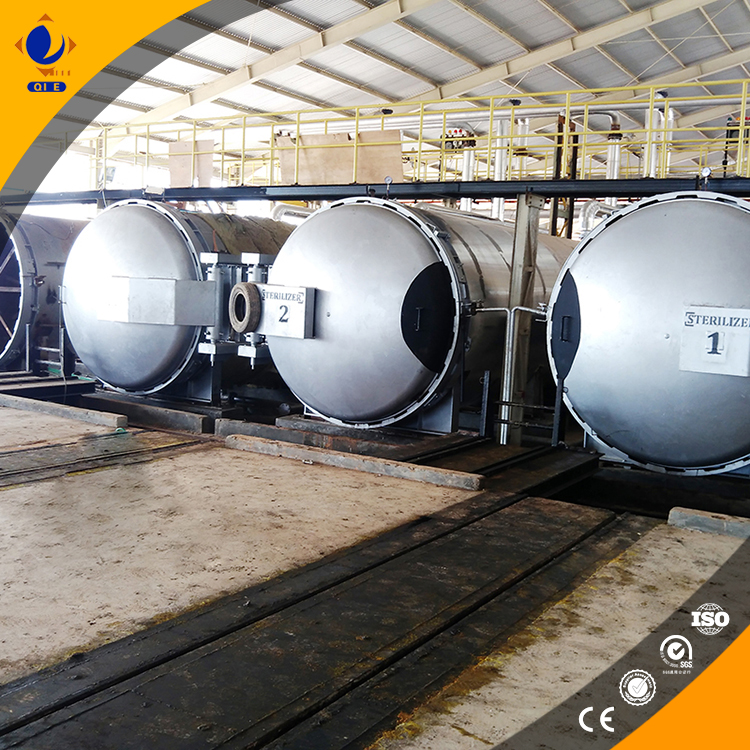
In the competitive world of palm oil processing, equipment reliability, food safety compliance, and long-term cost efficiency are non-negotiables. That’s where 304 stainless steel pressing systems come in—not just as a material upgrade, but as a strategic decision that impacts yield, maintenance, and regulatory readiness.
According to the FAO, over 60% of palm oil producers globally report at least one contamination incident linked to substandard materials in their extraction lines. 304 stainless steel offers superior resistance to corrosion from acidic residues and high-temperature oils—critical when handling crude palm oil with free fatty acid levels between 3–8%. This means fewer metal leaching risks, consistent product purity, and smoother audits for HACCP or ISO 22000 certification.
A case study from a Malaysian processor shows that switching to 304 SS press units reduced microbial testing failures by 42% within six months, while also cutting cleaning time per batch by up to 30 minutes—a real win for throughput.
| Feature | Standard Carbon Steel | 304 Stainless Steel |
|---|---|---|
| Corrosion Resistance | Low (requires frequent coating) | High (no coating needed) |
| Maintenance Cost (Annual) | $3,500–$6,000 | $1,200–$2,500 |
| Lifespan (Years) | 5–7 | 12–15+ |
Modern palm oil presses equipped with automated feeding, temperature control, and automatic filter cleaning can boost output by 20–35% compared to manual setups. One Indonesian mill reported saving $45,000 annually in labor costs after installing a fully integrated 304 SS system—while maintaining oil recovery rates above 92%, which exceeds industry benchmarks.
For procurement managers reviewing RFPs, this isn’t just about specs—it’s about ROI. When you factor in lower downtime, easier compliance checks, and longer asset life, 304 stainless steel becomes not just an option, but a necessity for scalable operations.

While many focus on the mechanical strength of 304 SS, fewer recognize its role in reducing energy consumption. Because it maintains heat better than carbon steel and resists oxidation during thermal cycling, these systems require less power to reach optimal operating temps—typically 5–10% less energy input per ton of processed palm fruit.
This aligns perfectly with global ESG goals. Companies investing in such technologies often see faster approval for green financing programs and improved brand perception among buyers demanding sustainable sourcing.
If your team is evaluating new equipment or planning upgrades, ask yourself: Are we optimizing for today—or building for tomorrow?
Ready to future-proof your palm oil processing line? Let us help you design a system that meets both performance standards and sustainability targets—with zero compromise on safety or durability.
Get Your Customized Equipment Plan Today
